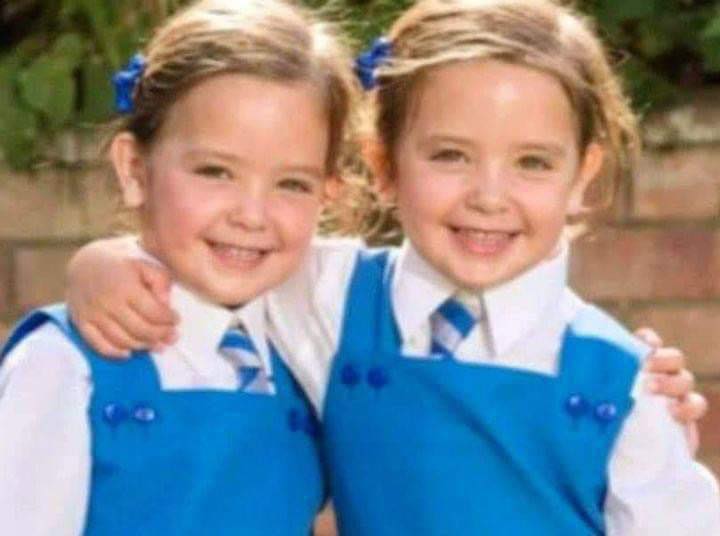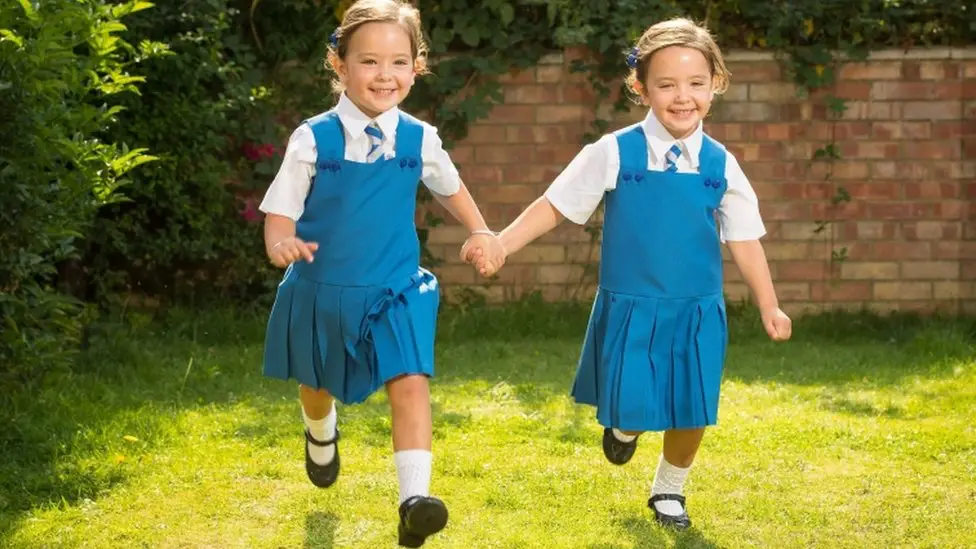
Rosie and Ruby Formosa, from Bexleyheath in Kent, were born joined at the abdomen and shared an intestine. This meant that in order to survive, they needed to undergo an emergency surgery. Separating them seemed like an impossible mission, and their parents were told that the chances of the girls’ survival were extremely slim.
The family prayed for a miracle and hoped for the best outcome possible besides the facts that the odds were against them. Luckily, following an extremely complex surgery which was done at London’s Great Ormond Street Hospital (Gosh), the sisters were successfully separated.
Speaking of the time they learned the babies she carried were conjoined, the girls’ mother, Angela, said, “At 16 weeks they sent me to King’s College Hospital and it was there that they discovered the connection between the girls.

“It was heartbreaking, really – I was already worried that they were monoamniotic (where twins share an amniotic sac), and conjoined was the worst-case scenario.
“I was really, really, really scared and really upset because at that point I was told that there was a high possibility that the girls wouldn’t survive the pregnancy.”
“And if they did survive the pregnancy they might not survive the birth, then they might not survive surgery. They couldn’t tell what was connecting them.
“I didn’t prepare to bring them home. It wasn’t until they were in hospital and they’d had their operation that my husband started painting the bedroom and getting everything ready for them.”
Four years following the successful surgery, Rosie and Ruby started school. The proud mother said the girls had now met their teacher and were “very excited” to be attending school just like their older sister Lilly.
Despite the parents being overjoyed that their girls started school, they admit the house would be empty without them while they are away.
We are so glad things turned out for the best for these beautiful girls. We wish then only the best life brings.
Please SHARE this article with your family and friends on Facebook.
